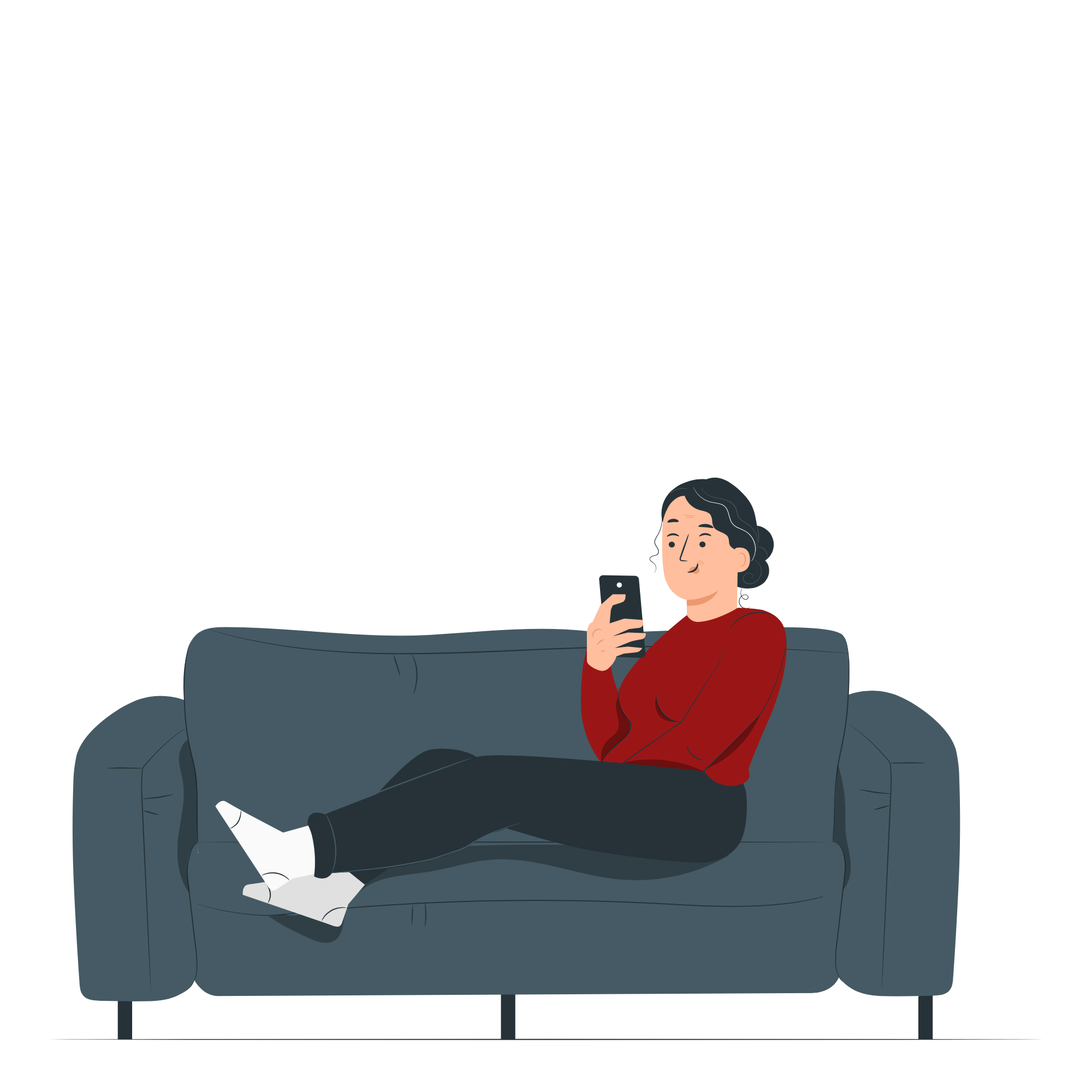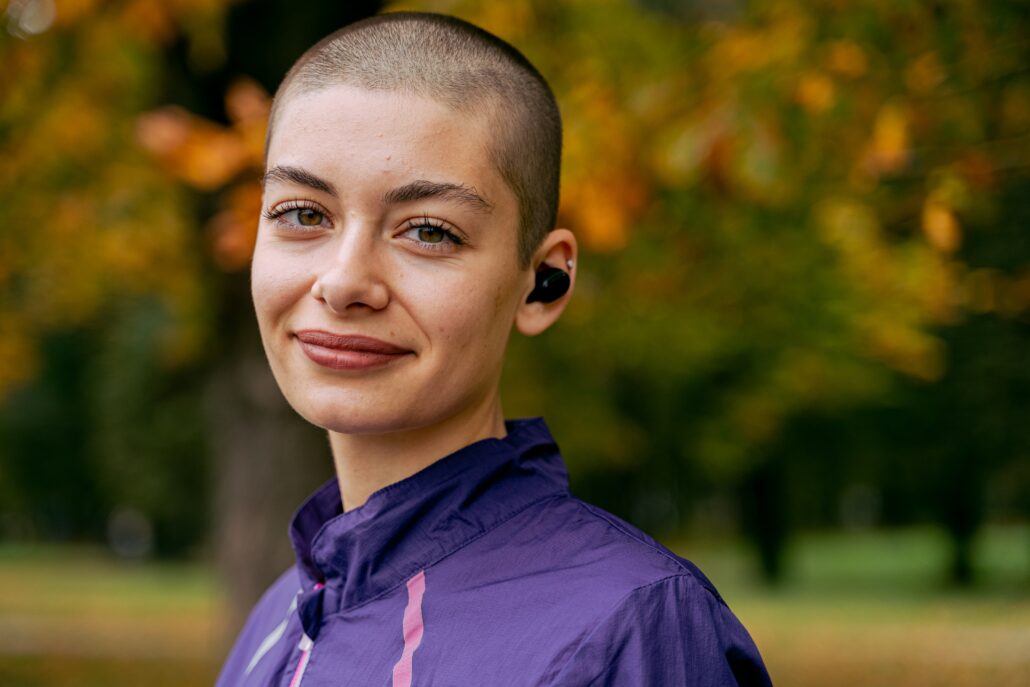Digital Connections: Evaluating a Mental Health Program for Young Adult Cancer Survivors
Researchers at the University of Arizona are partnering with cancer survivors between the ages of 18-39 for a research study evaluating a mental health platform designed specifically for young adult cancer survivors. Join today!

Fast Facts
diagnosed with any cancer at age 15-39
finished cancer treatment within the past 5 years
18-39 years
old
Compensation Provided
conducted remotely
Study Background
Young adults aged 18-39 who have been diagnosed with cancer have worse quality of life compared to younger and older individuals with cancer and compared to young adults who have never been diagnosed with cancer. Young adult cancer survivors may also struggle to get peer support and access relevant health information.
Despite this, very few supportive care programs have been developed specifically for young adult cancer survivors. This research study builds on recent work that our team completed to design and test an online 10-week group program specifically designed for young adult cancer survivors, called TOGETHER-YA.
Your participation in this remote study may help researchers continue to create better resources for young adult cancer survivors in the future. Help further cancer research and join our compensated study today!
An Institutional Review Board responsible for human subjects research at The University of Arizona reviewed this research project and found it to be acceptable, according to applicable state and federal regulations and University policies designed to protect the rights and welfare of participants in research.

Study Background
Young adults aged 18-39 who have been diagnosed with cancer have worse quality of life compared to younger and older individuals with cancer and compared to young adults who have never been diagnosed with cancer. Young adult cancer survivors may also struggle to get peer support and access relevant health information.
Despite this, very few supportive care programs have been developed specifically for young adult cancer survivors. This research study builds on recent work that our team completed to design and test an online 10-week group program specifically designed for young adult cancer survivors, called TOGETHER-YA.
Your participation in this remote study may help researchers continue to create better resources for young adult cancer survivors in the future. Help further cancer research and join our compensated study today!
An Institutional Review Board responsible for human subjects research at The University of Arizona reviewed this research project and found it to be acceptable, according to applicable state and federal regulations and University policies designed to protect the rights and welfare of participants in research.
Additional Information
The primary purpose of this study is to better understand how an online program, called TOGETHER-YA, impacts the health and wellbeing of young adult cancer survivors.
You may qualify for this study if you meet the following criteria.
Key Criteria:
Age 18-39 years
Diagnosed with any cancer between 15-39 years old
Finished curative cancer treatment 1 month to 5 years prior to enrollment (except maintenance therapy such as ongoing hormone therapy)
Currently experiencing at least mild symptoms of depression or anxiety
Consistent access to internet or cellular connectivity with sufficient bandwidth to participate in videoconferences
Able to speak and read in English
If you enroll in the study, the main thing you will be asked to do is to join TOGETHER-YA sessions by videoconference each week for 10 weeks. You will also be asked to wear a ring on your finger that measures your heart rate (in addition to other body signals) throughout the day and night. We will ask you to wear it continuously for one week leading up to and during the full 10-week TOGETHER-YA program. We will also ask you to download an application onto your smartphone to sync with the ring and store data obtained by the ring so our team can download it for analysis.
In addition, we will ask you to complete short homework assignments between sessions, complete a short survey after each session, and complete 3 study assessments that will include completing questionnaires, collecting saliva samples at home, and collecting drops of blood from a fingertip prick on filter paper at home. We anticipate that each assessment will take about 1 to 2 hours, possibly less. The total duration of participation in the study is approximately 6 months, although most of the activity will be within the first 10 weeks. We expect you will spend about 2.5 hours each week on the study during the 10 weeks you are participating in the TOGETHER-YA program.
The group program and services performed for research only will be provided at no charge to you or your insurance company.
You may incur costs related to study-associated text messaging. You can opt out of receiving text messages.
You will be loaned a smart ring as part of this study. You will be responsible for the cost of the ring if it if lost or damaged due to negligence. If you are not negligent but damage still occurs to the ring or the ring is stolen from you, you will NOT be liable. You may choose not to wear the smart ring but still be in the study if you feel you cannot safely return it when requested.




